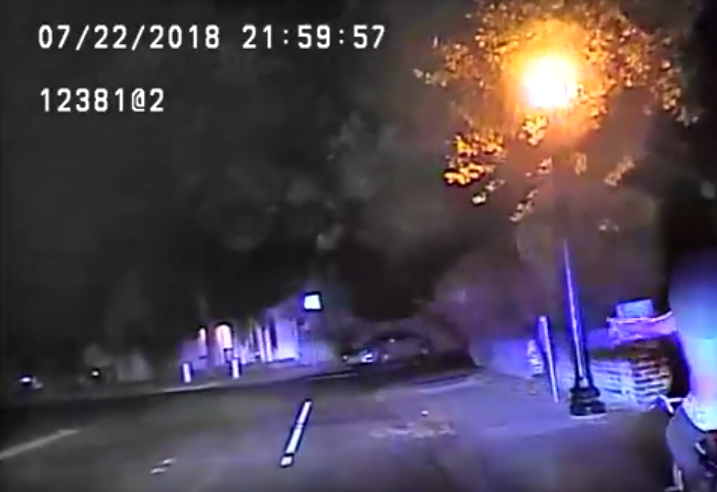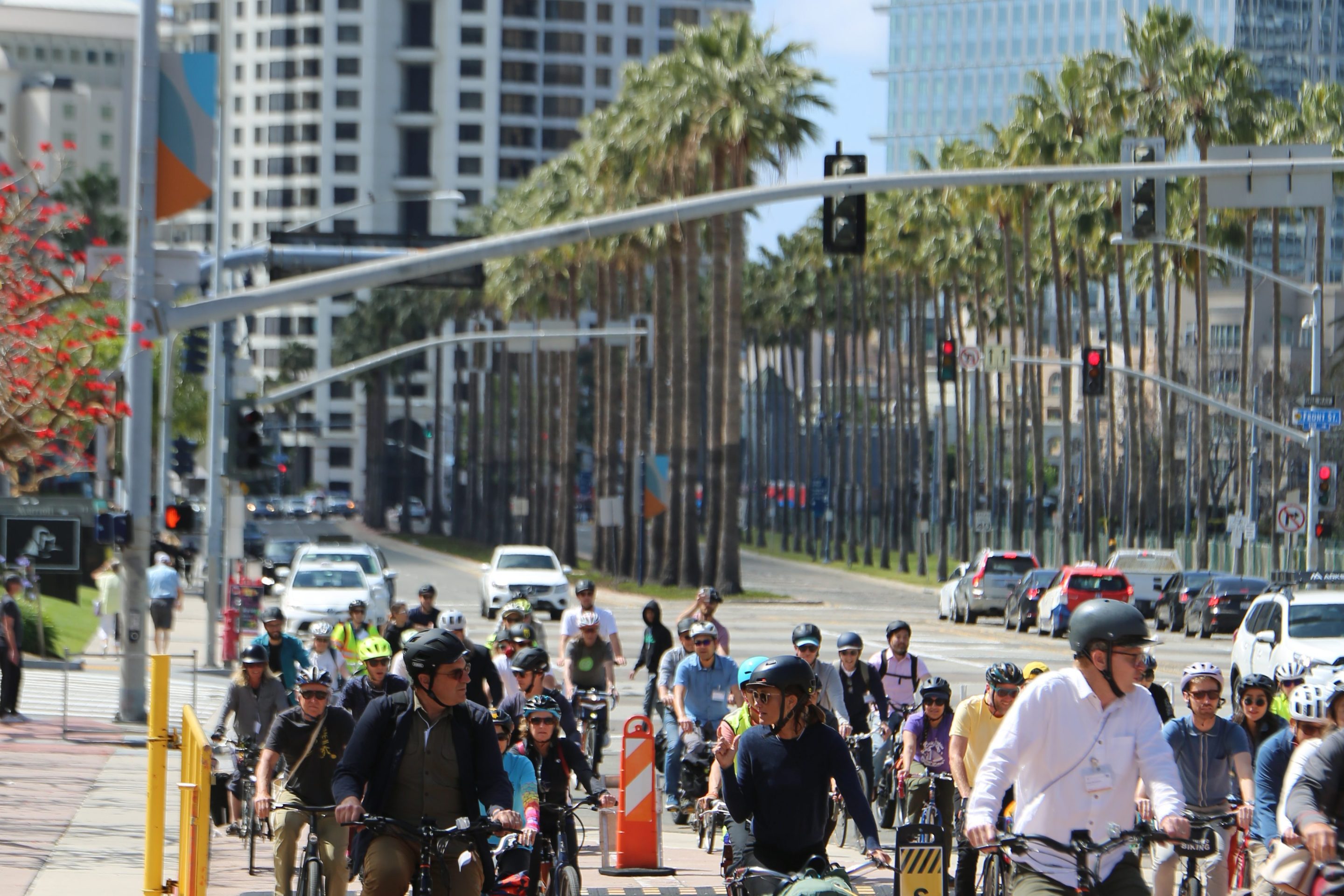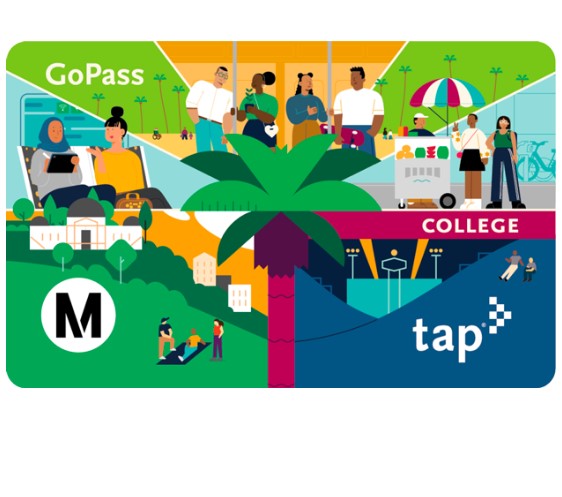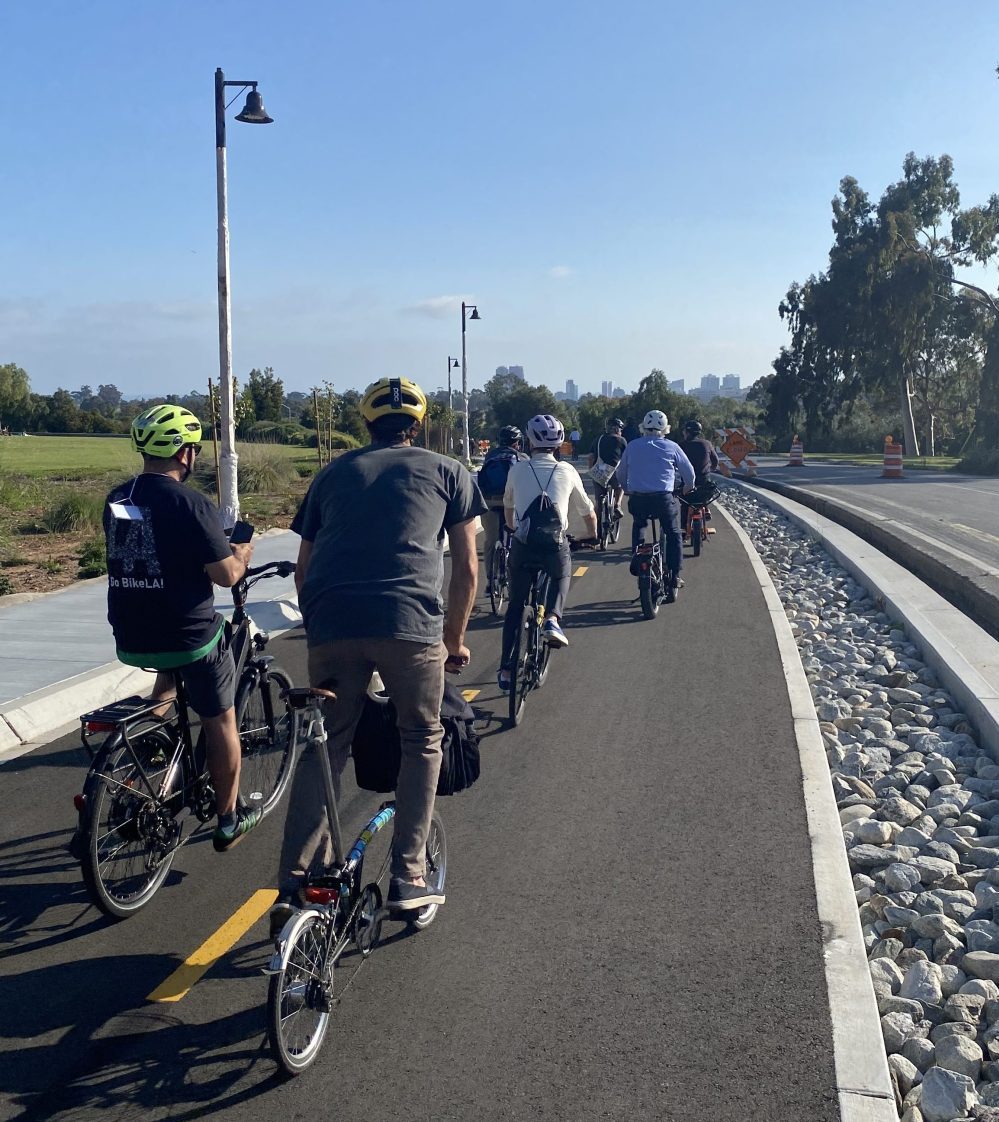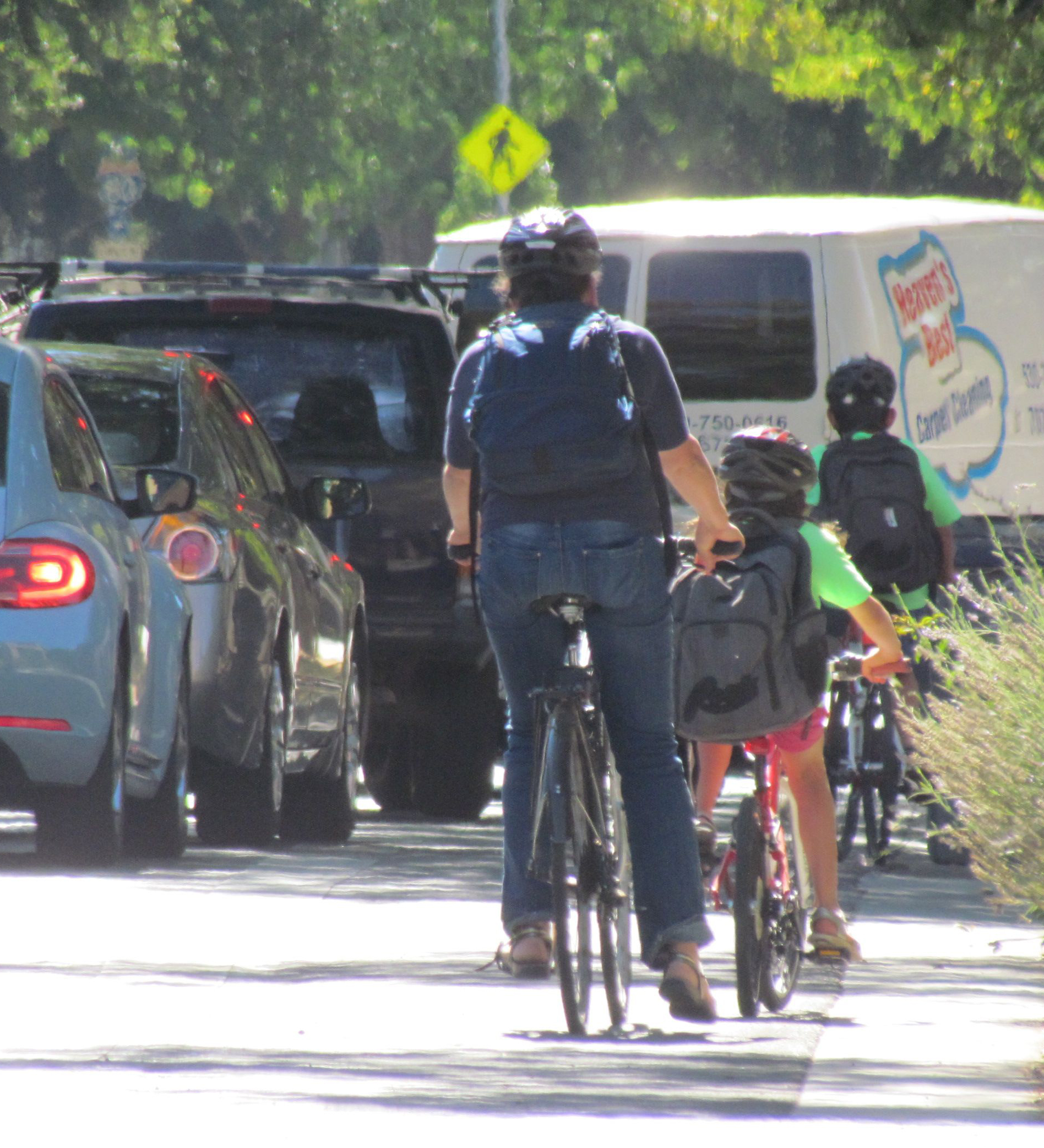On July 22, Sacramento police stopped a sixteen-year-old boy riding his bike on a sidewalk at night. Their stated reason for stopping him was that he didn't have a light on his bike, although the video they just released does not indicate that they questioned him about a light or his riding.
Instead, as seen above, the officers ask the boy his age and tell him he looks older than fifteen (the age the boy gave).
"For reals...?" The boy's attempt at a nonchalant response suggests he has been stopped this way before, and that he is aware the stop has nothing to do with concern for his safety while cycling at night.
"What are you so worried about?" an officer asks.
The boy says he's not worried.
The officer moves to get out of the vehicle, “You're not trippin'?”
The subject of the bike light - the supposed reason for the stop - never comes up. Instead, questioning moves to the boy's history: "You ever been arrested before?"
The other officer, presumably the one who recognized the youth (information the detective narrating this portion of the video provides), asks, “You have a warrant again?”
The kid immediately makes a break for it, leaving his bike behind (the police say he started to pedal away but the officer grabbed his bike).
Another video, this one taken from a different police car dash-cam, shows what happens next: the back-up officer arrives in his police vehicle and slams into the boy, sending him flying into the air. (The teen “sustained minor injuries,” according to the police.) Subsequent footage shows an officer shooing other people away, a cop putting handcuffs on the young man—who was screaming “I'm sorry” over and over—and bystanders shouting loudly at the police.
According to media reports, it took several minutes for medical help to arrive, because the police were busy cuffing the boy and holding back bystanders, who were angry and also wanted to check on the kid's condition.
The release of the video was to show “transparency” on the part of police, but it is accompanied by official notice that the investigation is complete, along with official explanations for what happened. “Clearly, this collision could have been tragic,” said Sacramento Police Chief Daniel Hahn in an official written statement.
I am grateful the young man was not more seriously injured and that no one else was injured. Our training is designed to prevent this sort of thing from happening. We are going to make sure our training—and the officer's adherence to that training—is as solid as it can be.
Meanwhile, some media are quoting without question the police description of the crash as the result of the officer “understeering” and “losing control” of his vehicle, not a deliberate attempt to ram the boy as he ran away.
Let's take this apart.
First, if this were a “safety stop”--if his riding without a light at night, or even on the sidewalk, were an unsafe condition worth stopping a patrol car to have a conversation about—they should have asked about the kid's light. But they didn't. That was just a pretext for the stop, the purpose of which appears to have been a warrant check.
They can't stop a person just because they don't like their looks, or because they think maybe they might find some drugs. But they can stop a person for not having a light on his bike because the California vehicle code clearly states that anyone riding a bike at night must have a light bright enough to be seen for 300 feet, including on the sidewalk.
What the Sacramento police have demonstrated is that they believe that, once someone has been stopped, they can question that person about anything they want.
If the stop were truly about safety, there was no reason for it to be confrontational—which it was from the outset.
The police justify their actions based on a reason they clearly weren't very interested in, but they don't seem to see that as a problem. And the media don't question them about continuing to use those excuses.
This is one reason people push back against so-called “safety laws” like helmet laws—they can become an excuse for cops to pull over people that just want to be able to move about their neighborhoods with the same freedom expected by people who are not subject to profiling.
There's a second point to be made, this one regarding the “understeering” claim. Media reports quoted the police on this point, and even briefly showed an image the police provided which purports to explain what “understeering” is and how it caused the crash. But it could be described much more simply: it is driving dangerously.
The officer was driving too fast. He couldn't control the vehicle when he decided to make a sharp turn. Is that acceptable? Does that make it an “accident”?
Police are as subject as anyone else to adrenaline surges and bad judgment---and they, of anyone, should also understand how deadly speed can be.
But worse: if the crash happened because of “understeering”--that is, the car didn't turn as sharply as the driver intended it to—then, judging by the videos, the driver must have been aiming to cut across the boy's path as he ran along the sidewalk.
It was a matter of inches. Even if you accept that the officer had no intention of ramming the teen, his intention was pretty clearly to have the teen run into the car. Would that have been a better outcome?
For police public relations, well—maybe. But it could have been just as dangerous for the teen.
The Sacramento police are already having a really big PR problem lately, with the violent arrest of a young black man last year on a false charge of jaywalking and the police shooting of another young black man who was trying to get into his grandparent's house earlier this year. This latest incident, even with all the excuses the police are throwing at it, will not help their cause.
In the end, the young man in question was charged with resisting arrest for trying to run away when the cops questioned him. The police had no other reason to detain him.
And, by the way, he is white, according to the police report. And that's important, says Streetsblog L.A. writer Sahra Sulaiman, because it “points to the structural nature of oppressive policing - that it's embedded within how communities are policed and is not just a product of individual cops' biases.”
The incident illustrates “the extent to which the way enforcement and engagement is taught and rewarded encourages the abuse of these kinds of codes,” she adds. “When you add in individual biases to that mix, then you get a sense of what could have happened if that youth had been black.”
When something like this happens to people of color, the outraged public frequently wants to solve it by firing the problematic cop instead of looking at the way the entire system of policing supports an officer's actions, she argues. This incident helps illustrate the extent to which it is the system that needs to be changed.
